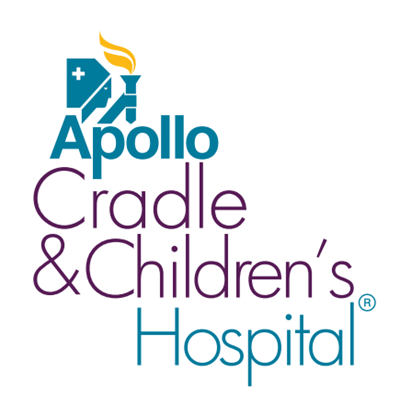The Nuchal Translucency Scan is an important part of prenatal care because it detects potential chromosomal abnormalities in unborn babies. The Nuchal Translucency Scan is a non-invasive ultrasound examination that determines the thickness of the nuchal fold at the back of the fetus's neck. This test can predict the presence of chromosomal abnormalities such as Down Syndrome.
In this blog, we will go into detail about Nuchal Translucency Scan - what it is, how it is performed, and its importance in prenatal care. We'll also give you some pointers on how to prepare for the exam and what to expect during and after the procedure. So, whether you're a soon-to-be parent, a healthcare professional, or simply curious about prenatal care, this blog is for you.
What Is Nuchal Translucency Scan?
A nuchal translucency (NT) scan is a type of prenatal screening test that is usually done during the first trimester of pregnancy. The nuchal fold test measures the amount of fluid present at the back of the developing fetus's neck.
Benefits of Nuchal Translucency Scan
The NT scan detects Down syndrome and other chromosomal abnormalities, as well as major structural defects such as heart defects. The test is usually done between 11 and 14 weeks of pregnancy and can be combined with blood tests for increased accuracy.
Nuchal Translucency Scan: The Procedure
A small amount of ultrasound gel is applied to the mother's belly during the NT scan, and a transducer is used to take pictures of the fetus. The nuchal fold measurements are then used to calculate the fetus's risk for certain chromosomal abnormalities.
It is critical to understand that the NT scan is a screening test, not a diagnostic test. If the results of the tests indicate an increased risk, additional testing such as chorionic villus sampling (CVS) or amniocentesis may be advised.
Why Choose Apollo
NT scan is a safe and effective way to screen for chromosomal abnormalities and structural defects in the early stages of pregnancy. It can provide valuable information to help parents make informed decisions about their pregnancy and the care of their unborn child.
We at Apollo Cradle understand the importance of early detection and monitoring of potential genetic and chromosomal abnormalities in your developing fetus. That is why we highly recommend our Nuchal Translucency Scan service.
We invite you to visit our clinic and experience the comfort and convenience of our state-of-the-art facilities. Our team of experienced and qualified professionals will guide you through the process and provide you with accurate and reliable results.
Conclusion
The Nuchal Translucency Scan is a useful tool for determining the risk of chromosomal abnormalities in a developing foetus, such as Down syndrome. It is a non-invasive, risk-free procedure that can begin as early as 11 weeks of pregnancy. The scan results, when combined with the results of other prenatal screening tests, can assist parents in making important decisions about their pregnancy and the future of their family.
Expectant parents need to discuss the options for prenatal screening with their healthcare provider to determine the best course of action for their circumstances.
Request an appointment at Apollo Cradle, Hyderabad - Kondapur. Call 1860-500-4424 to book an appointment.
Typically, nuchal translucency is performed between the 11th and 14th week of pregnancy. It is possible to perform it earlier in pregnancy than amniocentesis. Another test that looks for birth defects is amniocentesis.
An ultrasound and maternal bloodwork are part of this screening. The ultrasound will determine how far along you are in your pregnancy. In addition, the scan will also measure the nuchal translucency (NT) of the fluid beneath the skin along the back of your baby's neck.
Yes. The nuchal translucency (NT) scan is also known as the "12-week scan". It is a first-trimester ultrasound that is performed between 11 and 14 weeks of pregnancy.
The nuchal translucency (NT) scan is most often a painless procedure. A small, lubricated ultrasound probe is gently inserted into your vagina if your scan is being done transvaginally. The probe may be irritating and uncomfortable, but it is rarely painful.
Our Doctors
Treatments
- Blood Tests
- Down's Syndrome Screening
- Early Anomaly Scan
- Fetal Anomaly Scan
- Fetal Echocardiography Scan
- Fetal Ultrasound
- Fetal Well-Being Scans With Fetal Doppler
- Nuchal Translucency (NT Scan)
- Pre-eclampsia Screening
- Pre-Natal Screening & Test
- Screening Test For Maternal Infections
- Surveillance And Monitoring Of Twin Pregnancies
- Tests For Thalassemia And Sickle Cell Disease
- Viability Scan

 95 Patient Satisfaction Score
95 Patient Satisfaction Score

